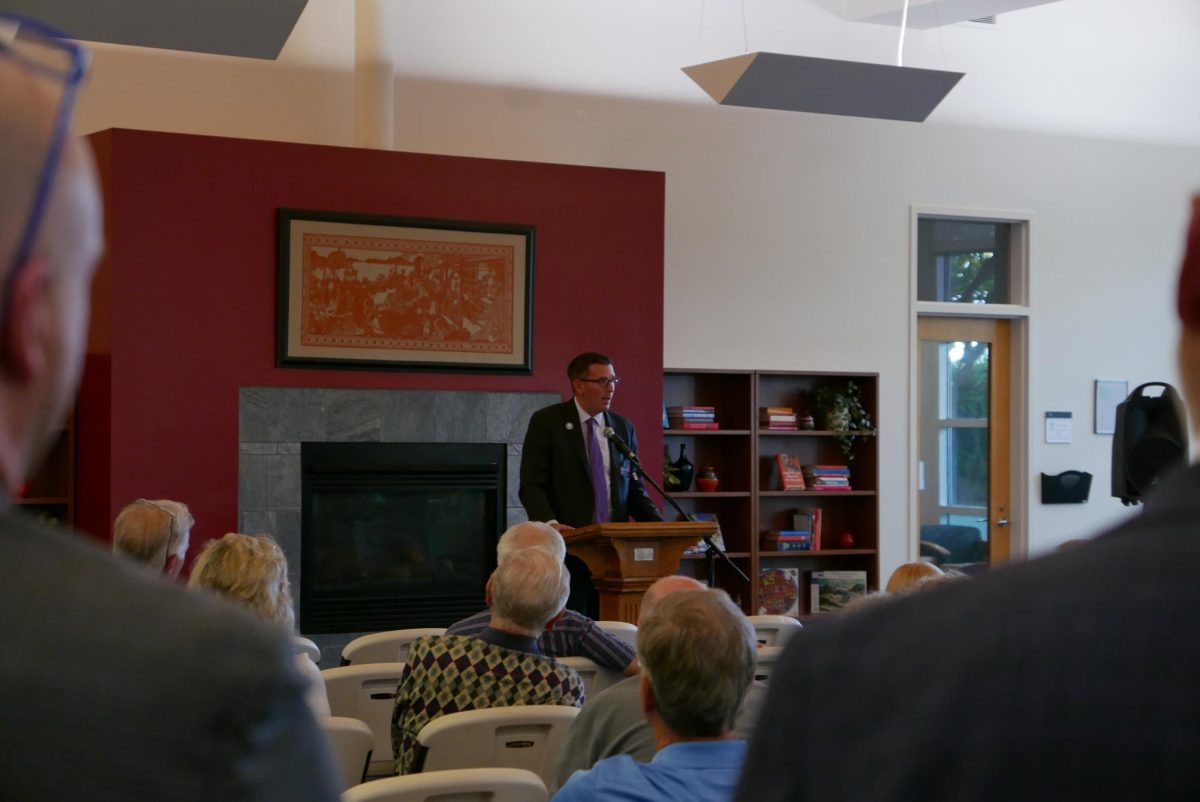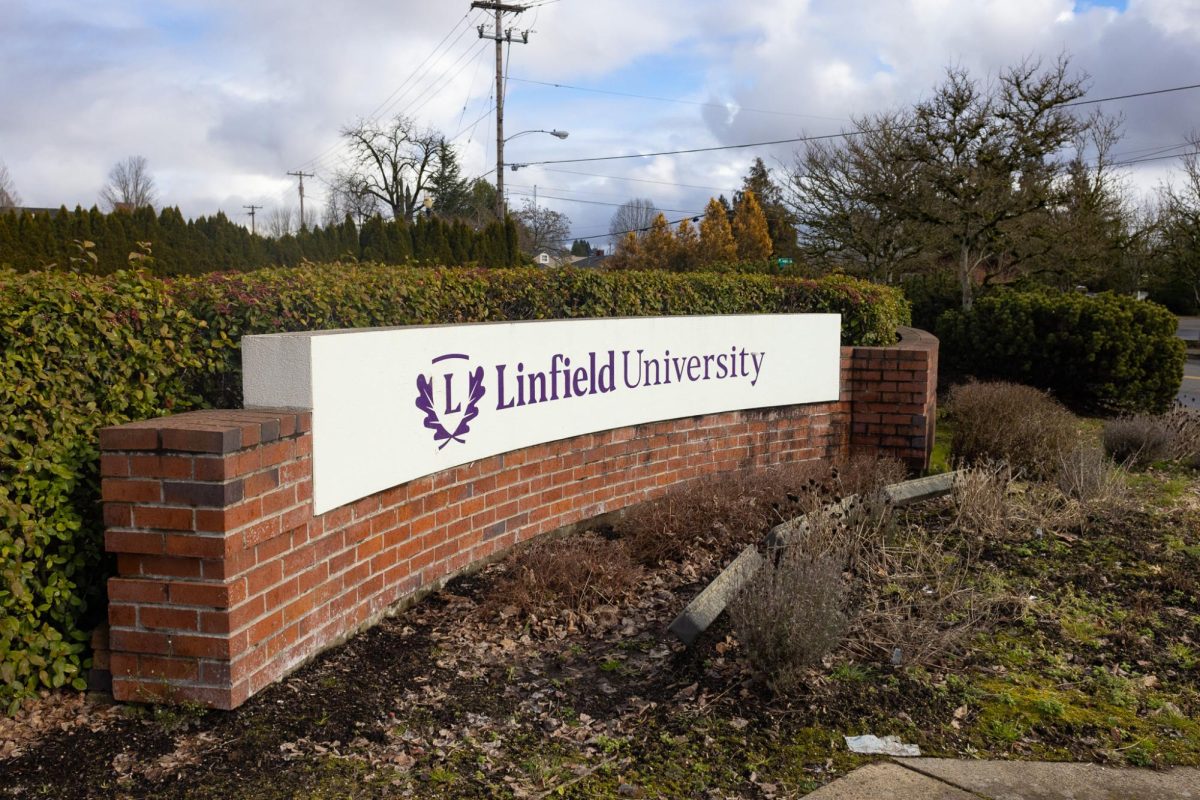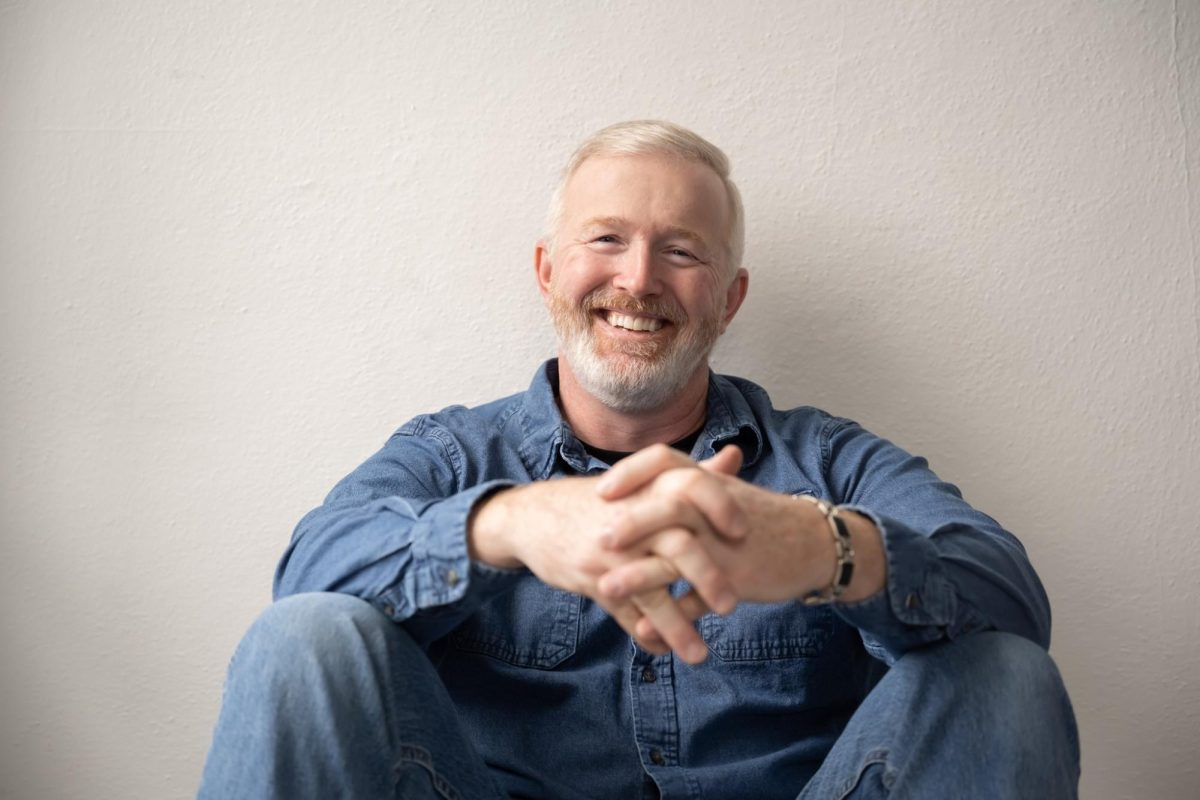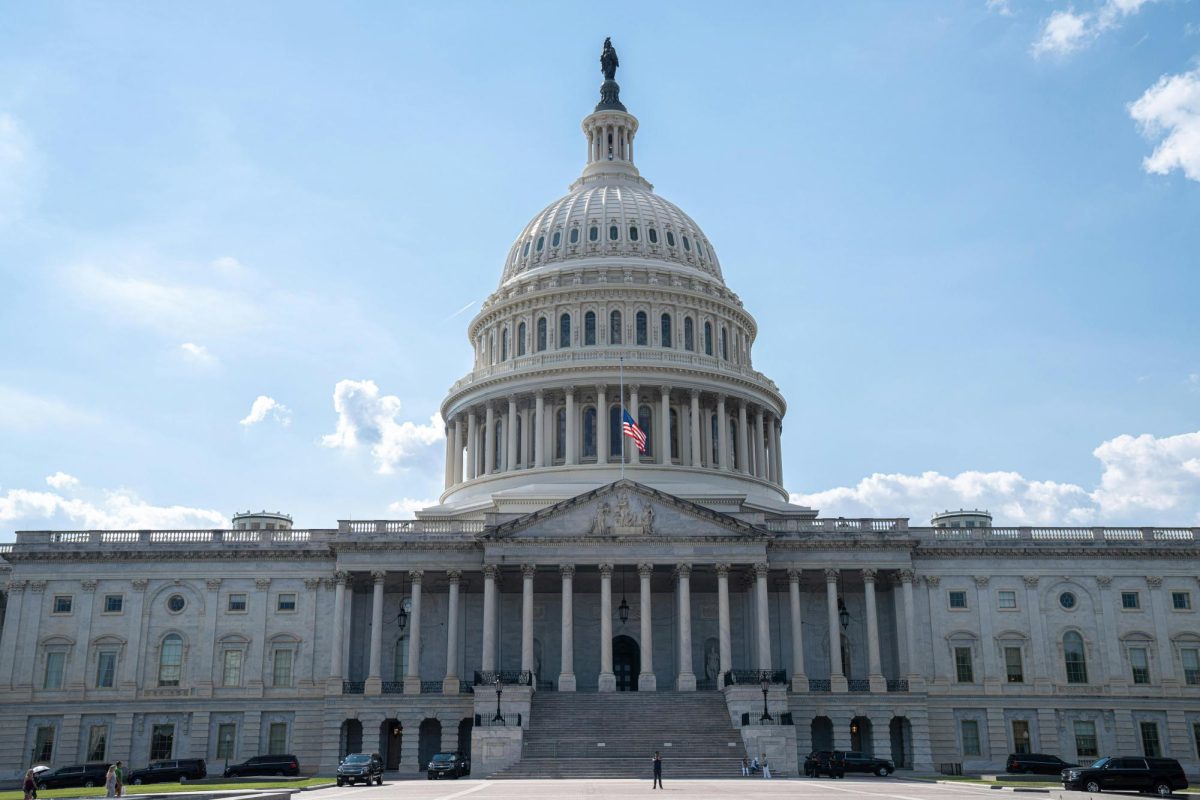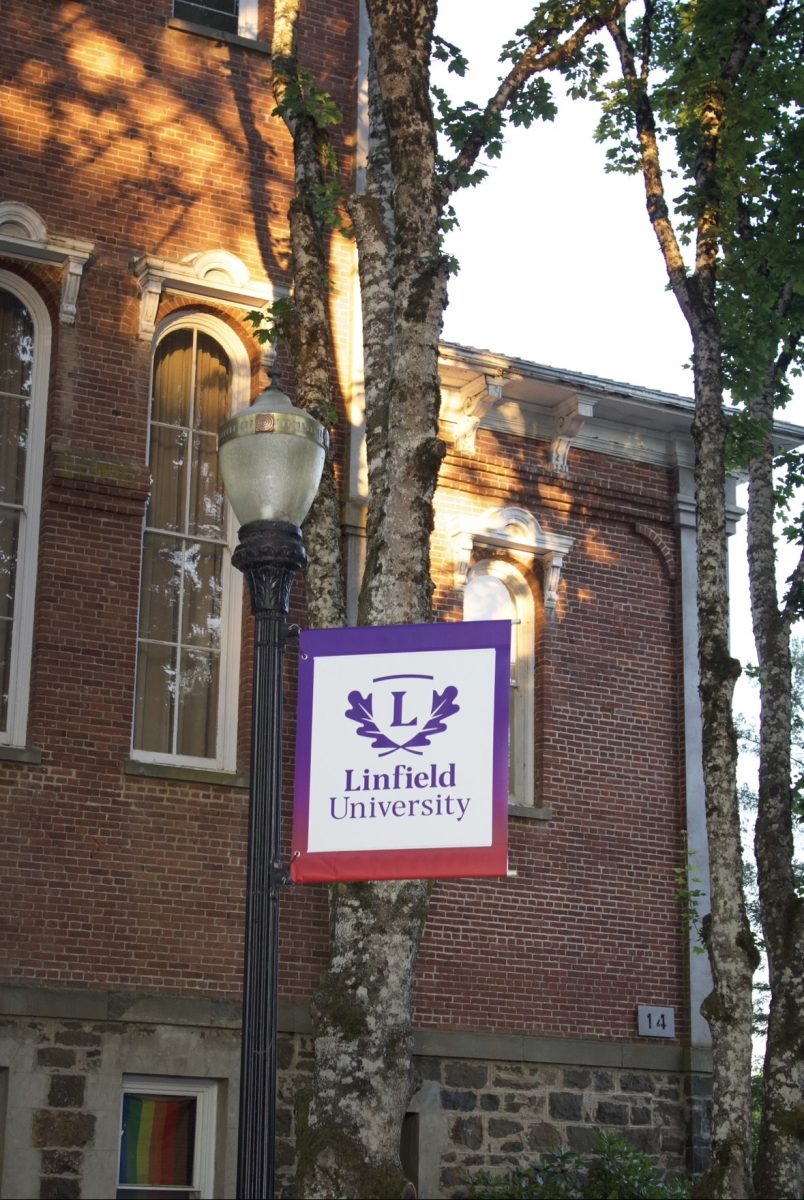Invisible Children’s documentary “Move” began by calling the Millennial Generation, those born after 1980, to action Oct. 16 in Ice Auditorium.
The film and members of the Invisible Children Pacific Northwest troupe urged audience members to join them in a demonstration Nov. 17 in Washington D.C. The demonstration will hold world leaders accountable to their commitments to end Lord’s Resistance Army (LRA) violence, according to the Invisible Children’s website.
“I hope people don’t see Washington D.C. and immediately turn off,” said Anna Schuck, an Invisible Children advocate.
I encourage people to get involved in any way that they can and find a way. I think it seems insane that I am standing in front of a bunch of students in Oregon. But it is only crazy things that are going to end this 26-year-long war.”
Older generations have described the Millennial Generation as self-absorbed, not fit to live and lazy. Invisible Children is using this stereotype of Millennials as worthless to rally young people to disprove it by supporting efforts to bring Joseph Kony, leader of the LRA, to justice. They are doing this through their documentary, “Move.”
Millennials around the country are more motivated than ever to end LRA atrocities and stop Kony. High school and college students are coming together to ensure their voices are heard.
“I think young people care because it’s other young people that are being affected,” Schuck said. “Kids our age and far younger than us are the ones being abducted, and I think it resonates a lot with us.
“There is something about the innocence of young people. The importance of younger generations is our ability to prioritize human rights,“ Shuck said.
We never seem to rally around the same issue, and right now, we have large numbers. Young people are of critical importance because our voice speaks volumes and people listen to us. We are the future leaders of this world,” Schuck added.
The showing, sponsored by the Circle K Club, gathered a large population of Linfield Millennials.
“This has been the greatest screening we have had at a college or university,” said Babra Akello, a Ugandan member of the Invisible Children team. “Usually 20 to 50 people show up, but this has been [an] extraordinary screening.”
Colloquium students, Circle K members and dozens of other interested students squeezed into the auditorium to learn about Invisible Children’s next move in the effort to stop Kony.
“Circle K felt it was important to get the message of Invisible Children out,” said Katharine Holm, co-president of the Circle K Club, in an email. “It calls young people to action and empowers them to create change. It is something that takes us outside of ourselves, outside of the Linfield bubble and allows us to take action on a world issue to stop immense suffering. It is a horrible situation that has been in the dark for too long.”
Invisible Children encourages us to use the “embracive of technology, confident, self-absorbed, expressive and want-it-all-now” stereotype to our advantage. They urge us to take action whether it be through Facebook, Twitter or letters to help support the Nov. 17 Washington D.C. Movement and further efforts to bring Kony to justice.
Sarah Mason
Staff writer

